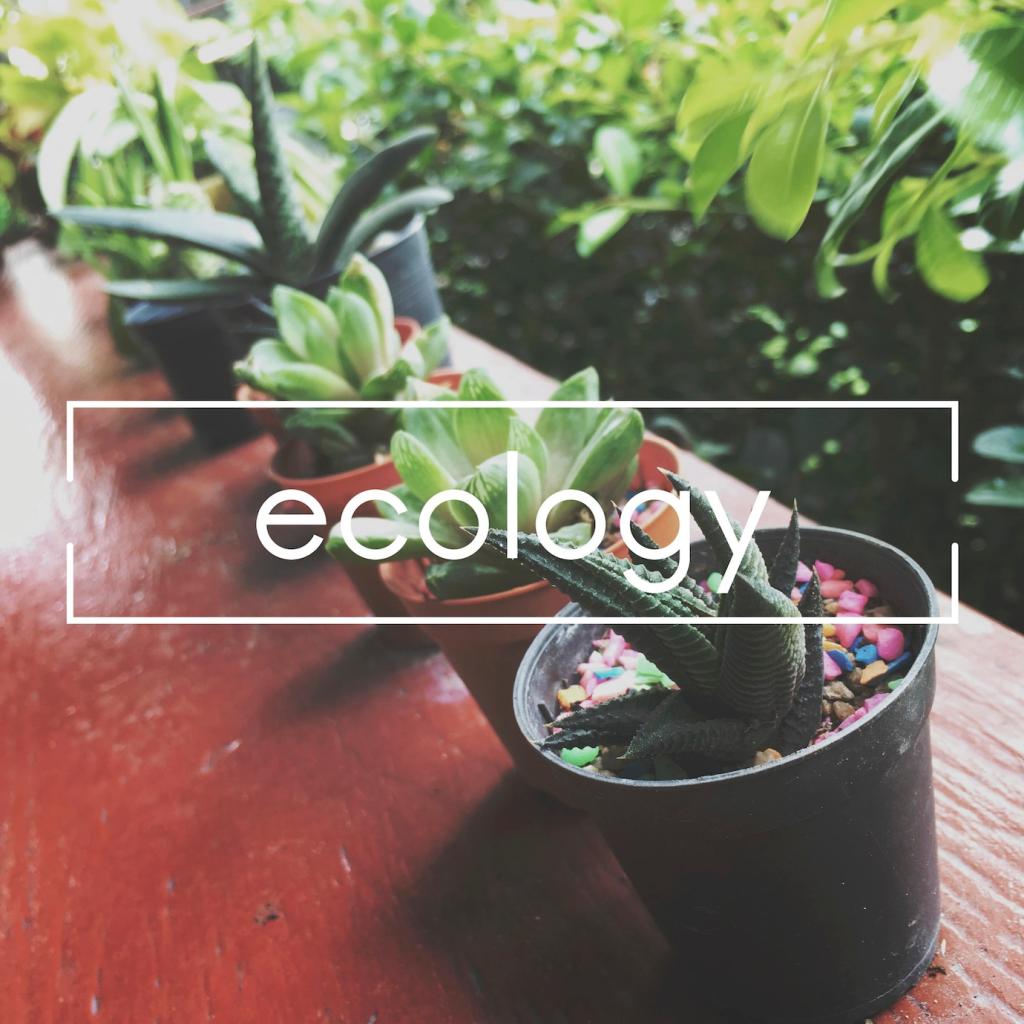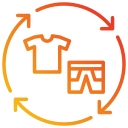
Cutting-Edge Sustainable Fashion Companies for 2024
The landscape of sustainable fashion is rapidly transforming, with a new generation of companies setting ambitious standards for ecological responsibility, circular practices, and transparent supply chains. In 2024, pioneering brands are not only reducing their environmental footprints but also inspiring the industry at large to rethink the very notions of style, consumption, and ethical production. This exploration delves into the most innovative companies that are shaping the future of fashion, highlighting their groundbreaking materials, revolutionary approaches to circularity, and unwavering commitments to social and environmental justice.
Innovation in Sustainable Materials
Emerging brands are investing heavily in plant-based materials, creating textiles from sources like pineapple leaves, hemp, and seaweed. These alternatives offer impressive durability and feel while significantly reducing reliance on petroleum-based synthetics and water-intensive crops like conventional cotton. With closed-loop production processes and compostable fibers, these companies are addressing the full lifecycle of their garments—a step that will likely redefine material standards across the fashion sector.
Circular Economy Champions
Rental and Subscription Fashion
Modern fashion companies are revolutionizing wardrobes by offering clothing as a service through rental and subscription platforms. By encouraging customers to borrow instead of buy, these brands drastically reduce demand for new production and the number of garments destined for landfill. Their robust reverse logistics systems ensure that clothing stays in circulation, maintained to the highest standards season after season.
Comprehensive Take-Back and Recycling Programs
Innovative brands are incentivizing customers to return worn-out clothing, closing the loop and reclaiming materials for reuse. Using advanced sorting and recycling technologies, these companies are able to transform old garments into new fiber, fabric, or even new designs altogether. This comprehensive take-back approach drastically reduces textile waste and resource extraction, establishing a blueprint for true circularity across the industry.
Modular and Repairable Fashion Design
Some cutting-edge labels are engineering garments with modular components and repairable features, empowering consumers to easily update, customize, or fix their clothing. By embracing modularity and encouraging repairs, these companies are tackling the disposable mindset head-on, cultivating a culture of mindful consumption that keeps clothing in use for years rather than months.
Radical Transparency and Ethical Supply Chains
Real-Time Supply Chain Tracking
Tech-savvy fashion companies have adopted blockchain and digital tracking systems, offering real-time insights into every stage of garment production. This not only exposes the true environmental and social costs of fashion but also builds trust with consumers, who can verify claims of ethical sourcing or eco-friendly practices for themselves. Such transparency is fast becoming a non-negotiable standard for accountability.


Fair Labor and Community Investment
Ethical production is central to a new wave of fashion companies prioritizing worker rights, safe conditions, and fair wages. Going beyond compliance, these brands invest in local communities, education, and skill-building initiatives within their supply chains. By elevating the well-being of workers, these companies set a precedent for fashion as a force for positive global change.
